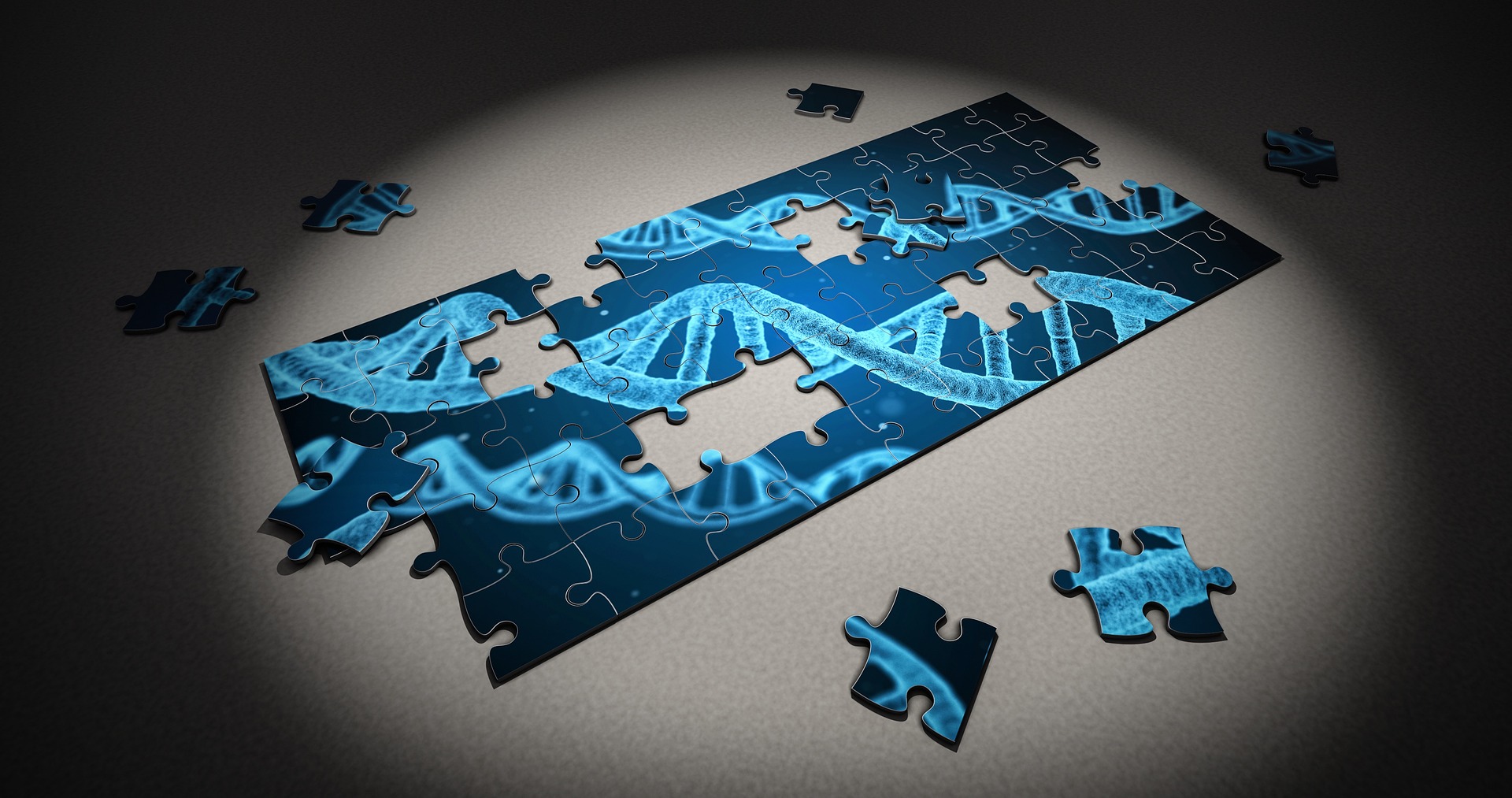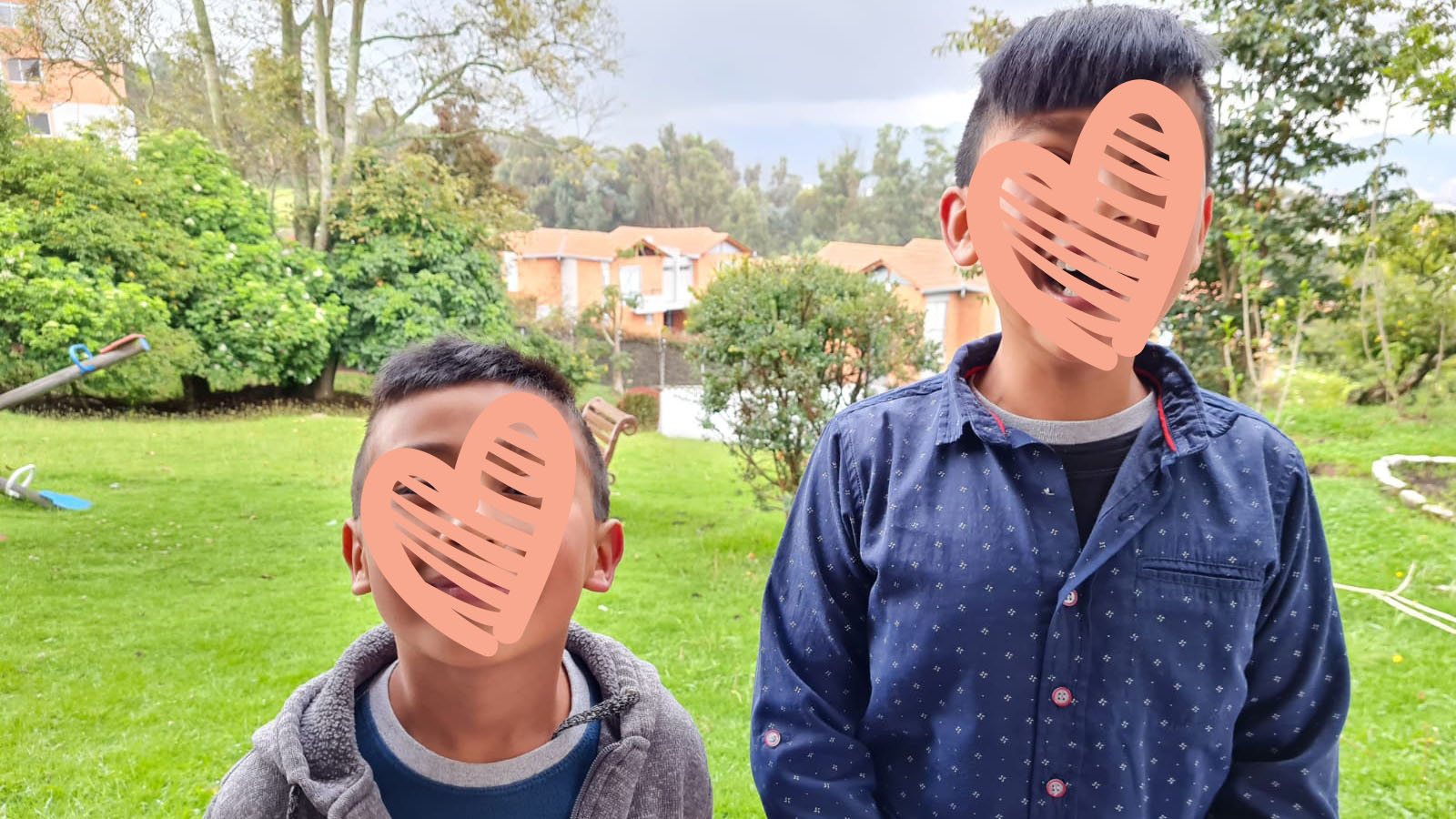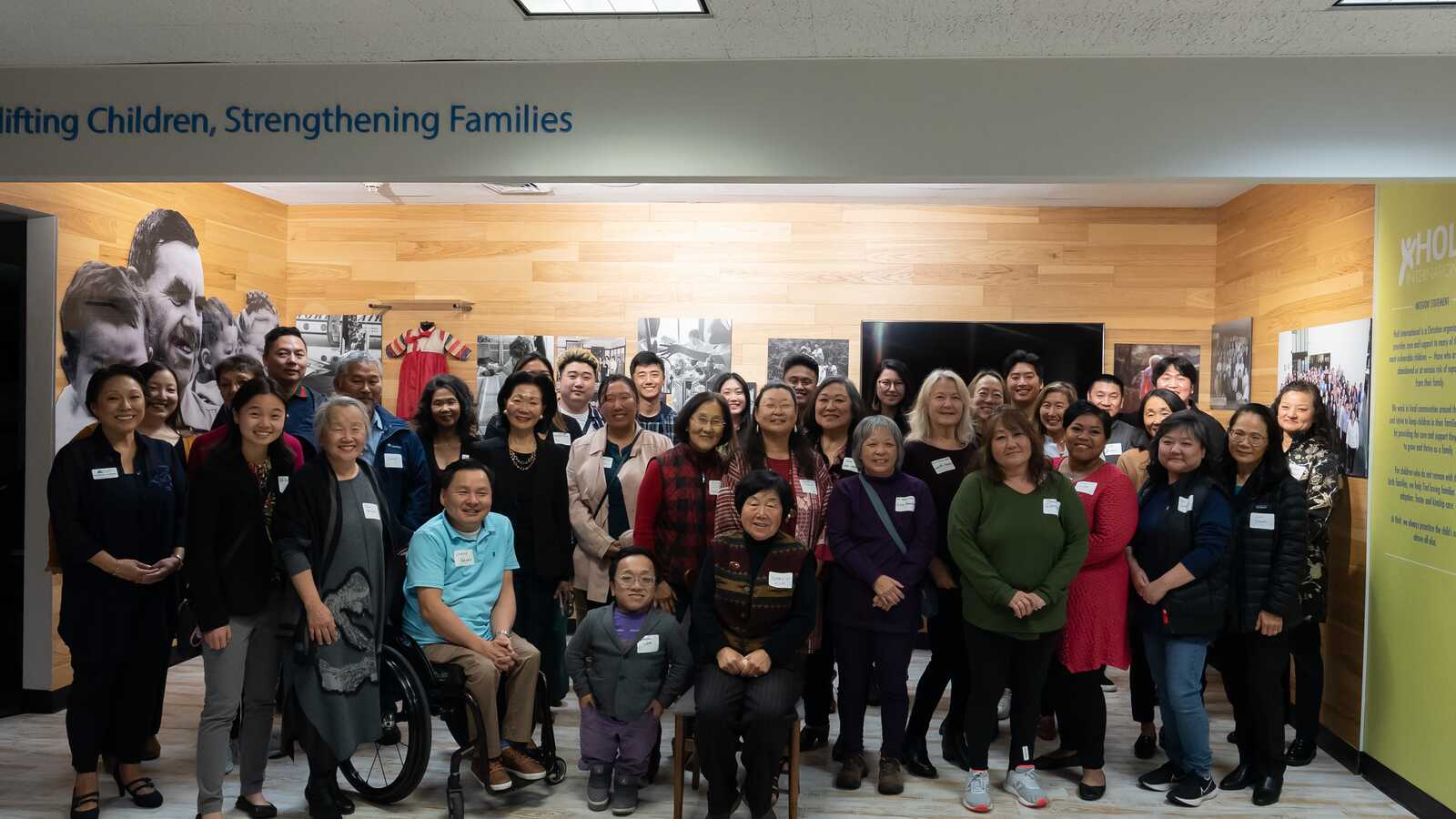As part of National Adoption Month in November, Holt adoptees Tara Linh Leaman and Trista Goldberg joined Holt post-adoption services staff members Carmen Hinckley, Adult Adoptee Community Outreach Coordinator, and Sunday Silver, Records and Information Administrator, for a “Lunch and Learn” training about best practices in search and reunion.
With a goal to “learn, unlearn and relearn” important information surrounding search and reunion and DNA testing, Holt’s post-adoption team recently held a training to talk about what steps can be taken to strengthen the process of locating members of an adoptee’s biological family. Nearly 40 Holt staff members attended the training — including social workers, staff who work with our international programs around the world, and members of Holt’s adoptee employee working group, which is a special team of Holt employees who are also adoptees.
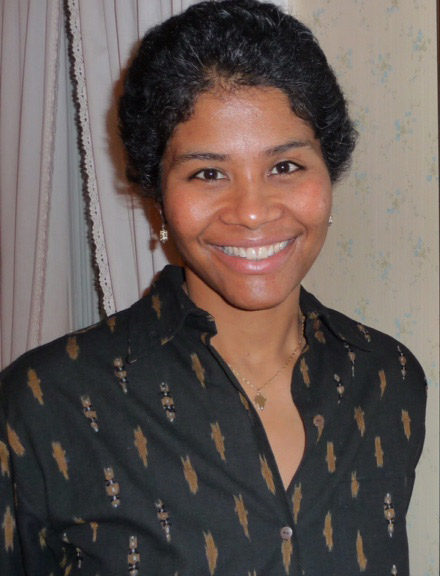
As Holt’s new adult adoptee community outreach coordinator, I felt it would be important to approach this topic. With 99.9% of adoptees considering a search for their birth family, it’s clearly on the minds of many in our community. I believe that information empowers adoptees to know their options, and this would result in a powerful and enlightening discussion.
We were fortunate to have two knowledgeable and insightful facilitators. A Holt adoptee and former member of the Holt Board of Directors, Tara Linh Leaman is the program director for Westchester County Department of Social Services’ Westchester Building Futures, which works to eliminate youth homelessness. Reunited with her birth mother and siblings in 2001, adoptee Trista Goldberg founded Operation Reunite in 2003 with the goals of helping Vietnamese adoptees search for their birth families and learn more about their heritage.
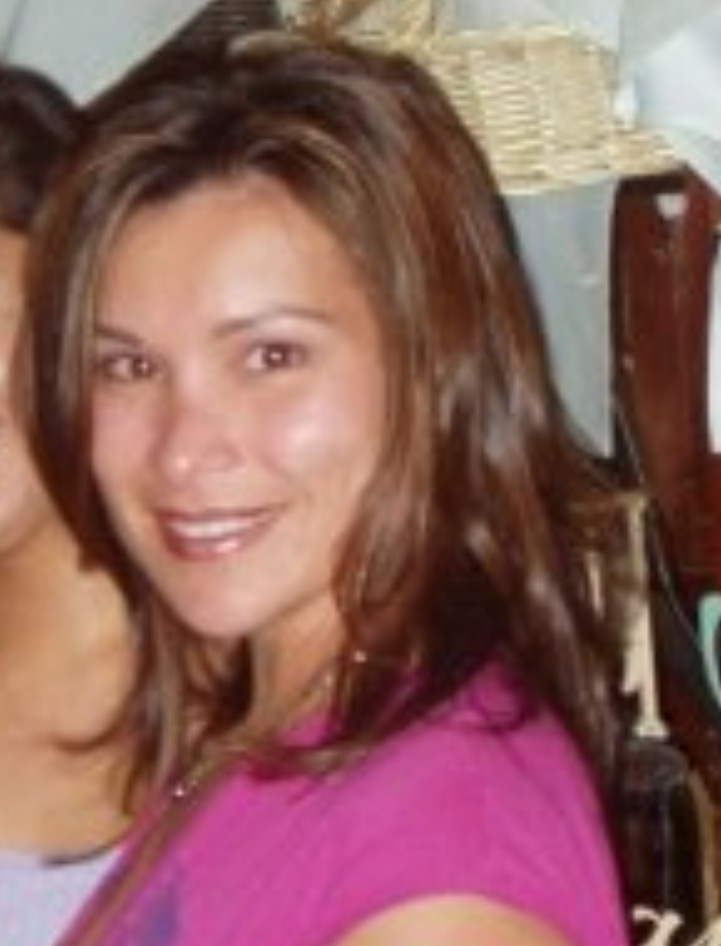
Our training topics included the role that DNA registries play in searching for biological relatives, how members of an adoptee’s biological family — such as siblings — can also play a role in this process, and how to reach out to more adoptees with information about these resources to assist them with searching. In addition, the facilitators discussed best practices in the challenges and benefits of DNA testing and Holt’s current search and reunion practice.
This training helped guide and inform these topics and serves as the start of an ongoing discussion around this important aspect of the adoption journey. Each of the facilitators also shared stories from their own journeys to provide further context.
In my experience with the adoptee community, our stories are each different in their own ways, but the common thread of interest in searching, how to begin this process, and the avenues it can open are topics of great importance to many adoptees. As the outreach coordinator, I am working to provide more support for adoptees and help inform them about the options available to them related to DNA registry and search. We will continue to allow opportunities to bring these topics into the spotlight.
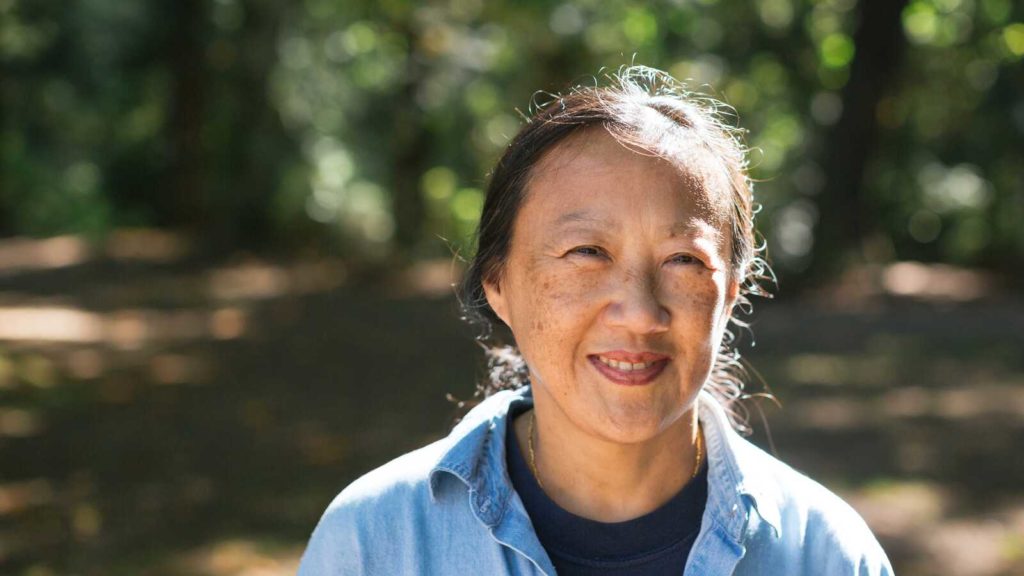
Did you know Holt provides support to all adoptees?
Every adoptee has a unique and complex life experience. Holt strives to support all adoptees, regardless of their placing agency, by providing help with birth search, citizenship and more.
